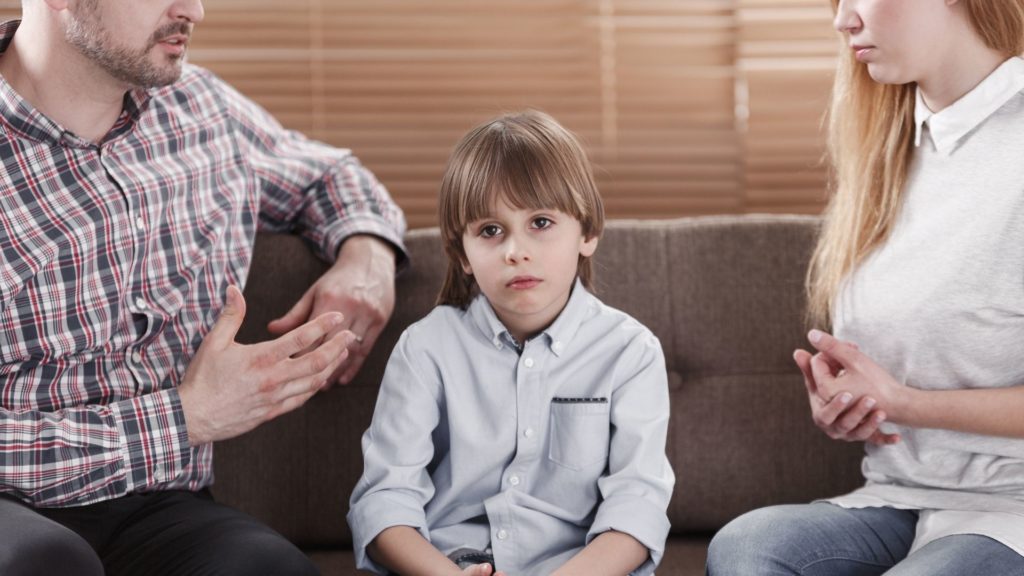Relocation Cases Part 5:
Relocation cases are some of the most heavily contested and complicated child custody disputes that come into our California family law firm. In this blog series, I’m going to break down the most common client questions and how they line up with what the court needs to consider in a relocation case.
What does the court typically look at?
If the parents share physical custody, and the court has determined there is a legitimate “good faith” reason for the relocation, the court has to move on to consider what is in the best interests of the children.
The court has wide discretion to consider whether the pre-move parenting plan is considered primary physical custody or joint physical custody. In situations where the court determines that the moving parent has primary physical custody, before the court moves on to what would be in the children’s best interests, the court must first find that there is a “detriment” to the relationship between the children and the non-moving parent.
This can be a difficult hurdle for a non-moving parent. If you don’t have enough parenting time for the court to consider it a shared parenting plan, how do you show that your relationship with your children will be impacted beyond the obvious issue of the distance involved? This is where I advise all of my clients to make sure — whether relocation is a potential issue or not — they are as involved a parent as possible given the court order. It is much easier to make an argument that your child’s relationship with you will suffer if you can show all of the ways you are currently involved in things like school and extra-curricular activities that would be limited if not severed by the relocation.
Related Posts in this Series:
PART 2: WHY CAN’T I JUST MOVE AWAY?
PART 3: WHAT FACTORS WILL THE COURT ASSESS?
PART 4: WHAT IS A GOOD FAITH REASON FOR A MOVE?

